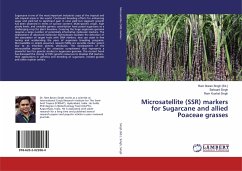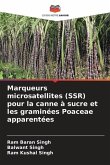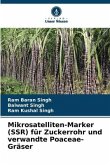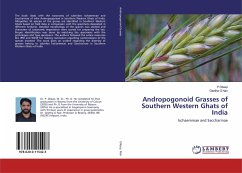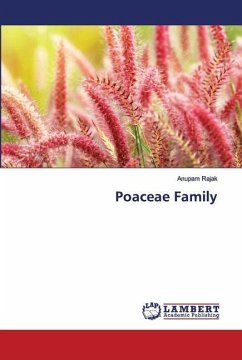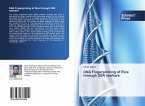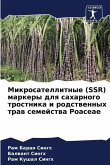Sugarcane is one of the most important industrial crops of the tropical and sub-tropical areas in the world. Continued breeding efforts for enhancing sugar and yield led to significant gain in cane yield but stagnant growth has been observed in terms of sucrose content. Multi-specific origin, high ploidy levels, and unstable genetic constitution have posed sugarcane as a challenging crop for plant breeders. Covering the huge sugarcane genome requires a large number of potentially informative molecular markers. The deployment of advanced molecular technologies facilitate the detection of the association of target traits with DNA markers, that can assist in fine tuning and accelerating the pace of sugarcane breeding programs. Microsatellite or simple sequence repeats (SSRs) are versatile marker system due to its inherited genetic attributes. The development of the microsatellite markers is the attractive complement that represents a powerful tool for genetic studies in sugarcane genome. The current book has discussed the mining of ESTs genetic resources to develop SSR markers, their applications in genetics and breeding of sugarcane, related grasses and other orphan cereals.

